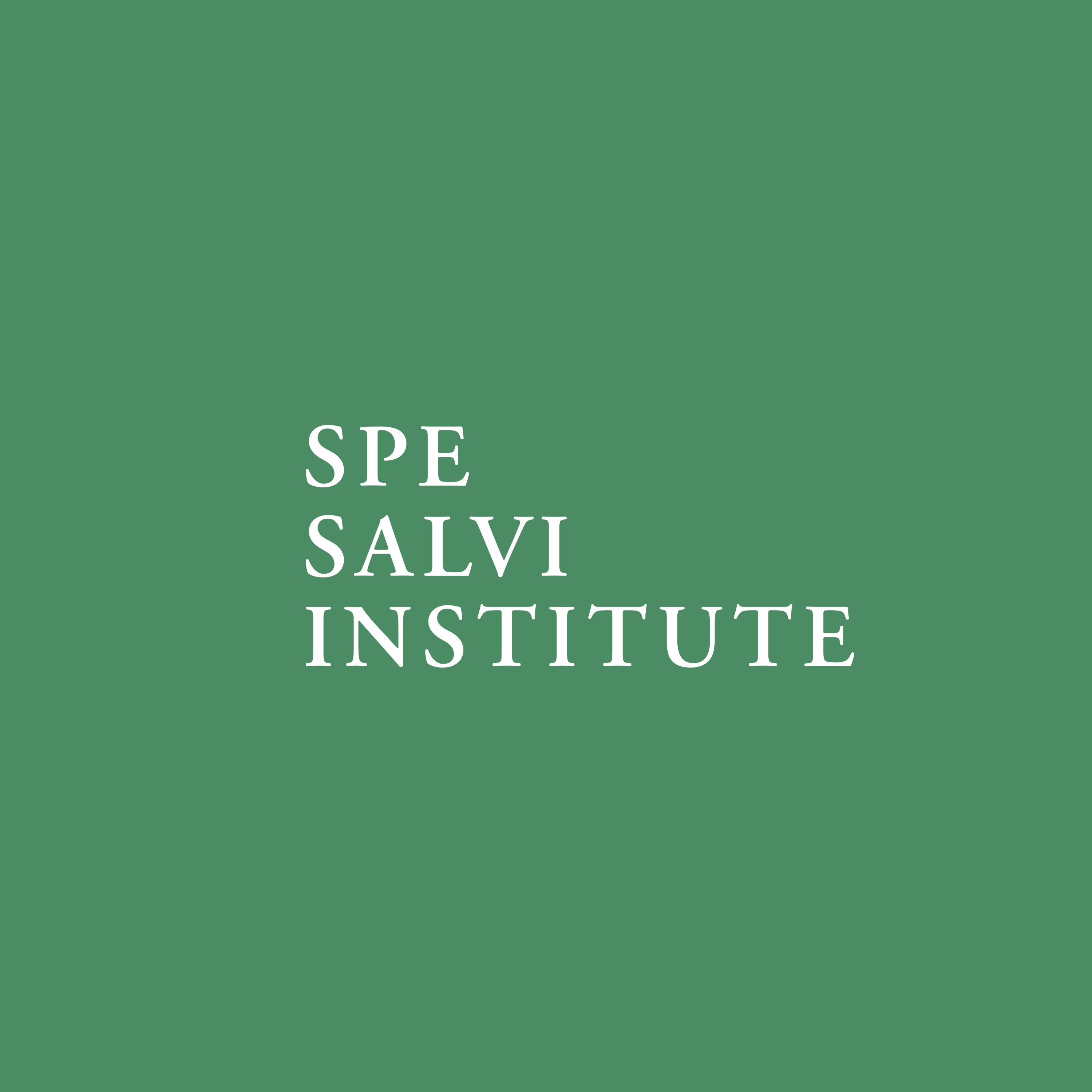

Spe Salvi Institute Podcast
Spe Salvi Institute
The Spe Salvi Institute draws on the legacy of Christian hope in Europe to refocus the Church and society in America.
Episodes
Mentioned books

Apr 11, 2024 • 1h 3min
Kenneth Craycraft: Living Authentically Catholic in a Divided America
Bobby and Andrew talk to Dr. Kenneth Craycraft about his new book Citizens Yet Strangers: Living Authentically Catholic in a Divided America. Dr. Craycraft explains why Catholics in the United States today are liberal Protestants before they are anything else and why Catholic Social Doctrine matters for healing the divisions in contemporary America.

Apr 5, 2024 • 1h 5min
Michael Diamant: New Traditional Architecture, Modernist Ugliness, Cathédral Notre-Dame de Paris
Michael Diamant, founder of New Traditional Architecture, discusses the importance of traditional architecture, the restoration of Cathédral Notre-Dame de Paris, the clash between traditional and modernist ideologies, the decline of architectural aesthetics in Sweden, and the vital connection between craftsmanship and human spirit in architecture.

Mar 23, 2024 • 1h 1min
What We See in Europe
Andrew Petiprin and Robert Mixa discuss their travels in Europe, highlighting the unique Catholic culture still present. They explore American perspectives on European Catholicism, cultural contrasts between Europe and America, challenges of maintaining Catholic identity, and the visibility of the Catholic Church.

Mar 17, 2024 • 1h 11min
Nathan Douglas: Éric Rohmer, French New Wave, and the Love of Cinema
Cinephiles will love this episode. Writer and director Nathan Douglas and Andrew introduce listeners to the films of Éric Rohmer and the French New Wave. The discussion also covers the importance of film as art and how cinema can unveil human experience better than most mediums. And, of course, Bobby does not miss an opportunity to mention his love for Terrence Malick films.

Mar 10, 2024 • 1h 2min
Zac Crippen: Screen Addiction, Dopamine Fasting, and Ted Gioia’s "State of the Culture, 2024"
In this episode, Robert Mixa and Andrew Petiprin talk to Zac Crippen (host of the Creedal Podcast - https://www.creedalpodcast.com/) about finding freedom from screen addiction and how we should think about technology. Additionally, they discuss Ted Gioia’s popular post “State of the Culture, 2024”, which describes the new dopamine culture and how to resist the dopamine cartels.

Mar 1, 2024 • 1h 4min
William Newton: On Salvador Dalí and his ‘Christ’
In this episode, Andrew Petiprin and Robert Mixa talk to writer and art critic William Newton about his latest piece in The Spectator, “The divine Dalí and his ‘Christ’”, Newton’s fascination with Spain and Spanish art, Dalí’s wrestling with the faith, and his return to traditional painting.
For more about William Newton, please visit his website (https://wbdnewton.com/).

Feb 24, 2024 • 1h 6min
Ewa Thompson: Polish History and Hope for the West
In this episode, Robert Mixa and Andrew Petiprin talk to Professor Ewa Thompson about key moments in European history when Poland came to the defense of Christendom, how non-Germanic Central Europe seemed to be excised by historians of various empires from the annals of history, the Polish literature that shaped the Catholic imagination and spirituality of John Paul II, the legacy of Sarmatism and Catholic freedom, and the long history of Russian imperialism.

Feb 14, 2024 • 1h 6min
James Matthew Wilson: Plato, Poetry, and Place
Robert Mixa and Andrew Petiprin talk to James Matthew Wilson about poetry, his book 'The Vision of the Soul: Truth, Goodness, and Beauty in the Western Tradition,' Conservatism, Christian Platonism, Catholicism in the Americas, and Catholic Modernism.

Feb 9, 2024 • 1h 8min
Larry Chapp: The New World Struggling to be Born
In this episode, Robert Mixa and Andrew Petiprin talk to Dr. Larry Chapp about Part III of his article “The Falsification of the Good: Mr. Cogito's Monster and the Prolepsis of Heaven and Hell” and his conviction that now is the time of monsters. We discuss Alain Besançon's conviction that the end of the world is palpable, Antón Barba-Kay’s 'Web of Our Own Making: The Nature of Digital Formation,' Zbigniew Herbert’s 'Mr. Cogito,' and the monster’s perfect, white teeth.

Feb 6, 2024 • 55min
Fr. Brian Graebe: The Goodness of Creation, the Break Fast Podcast, and New York, the Wonder City
In this episode, Andrew Petiprin and Bobby Mixa talk to Fr. Brian Graebe of the Archdiocese of New York about the backstory to the Break Fast podcast, the goodness and beauty in creation, and the allure of New York City.


